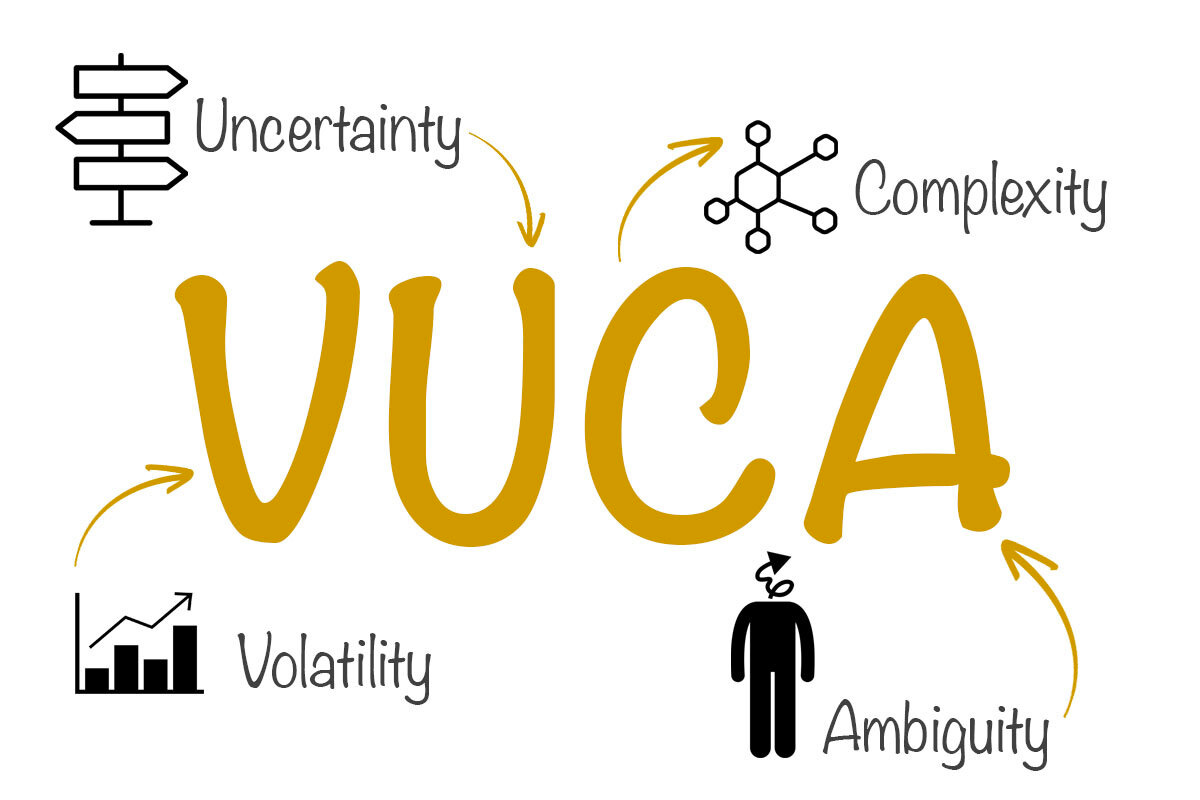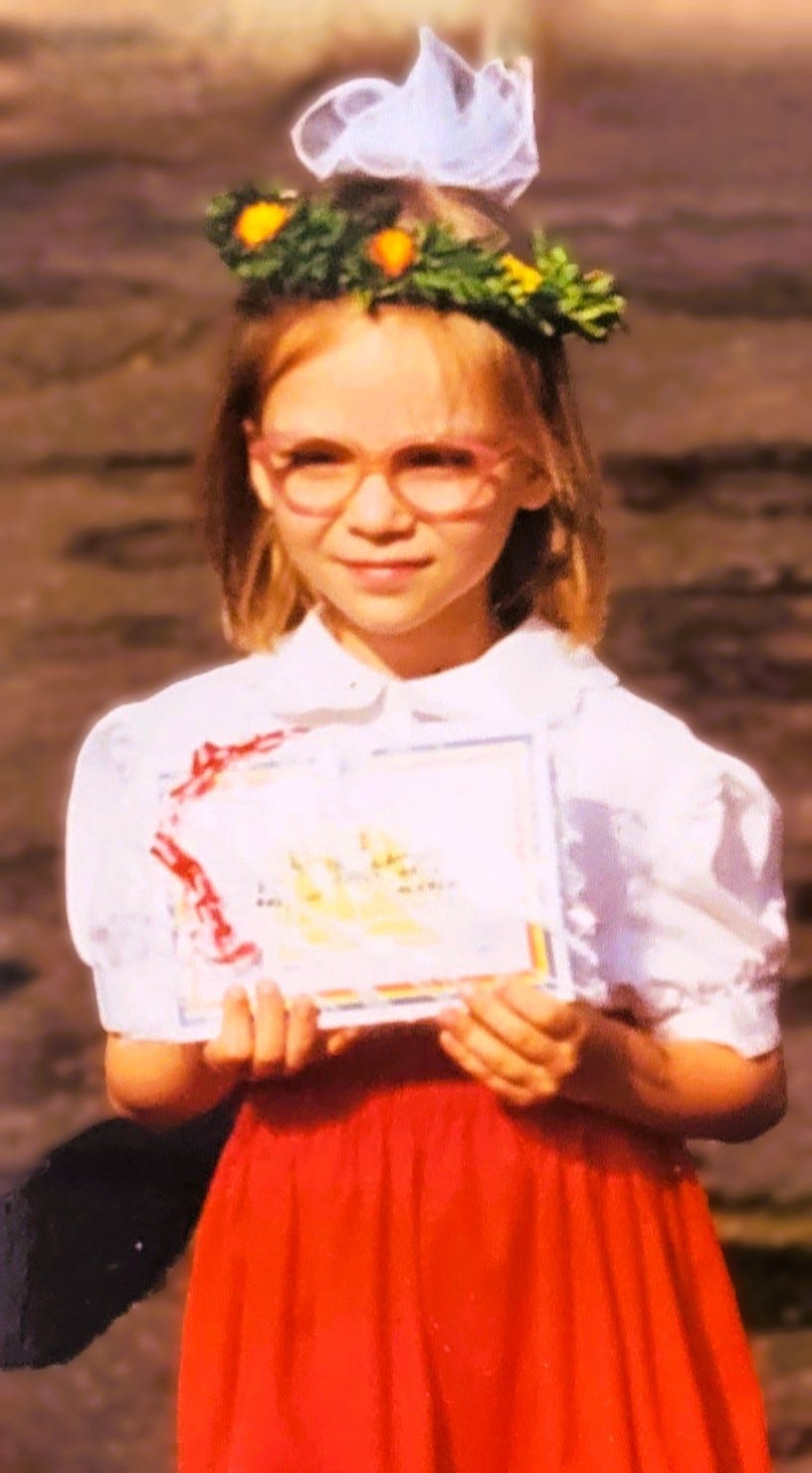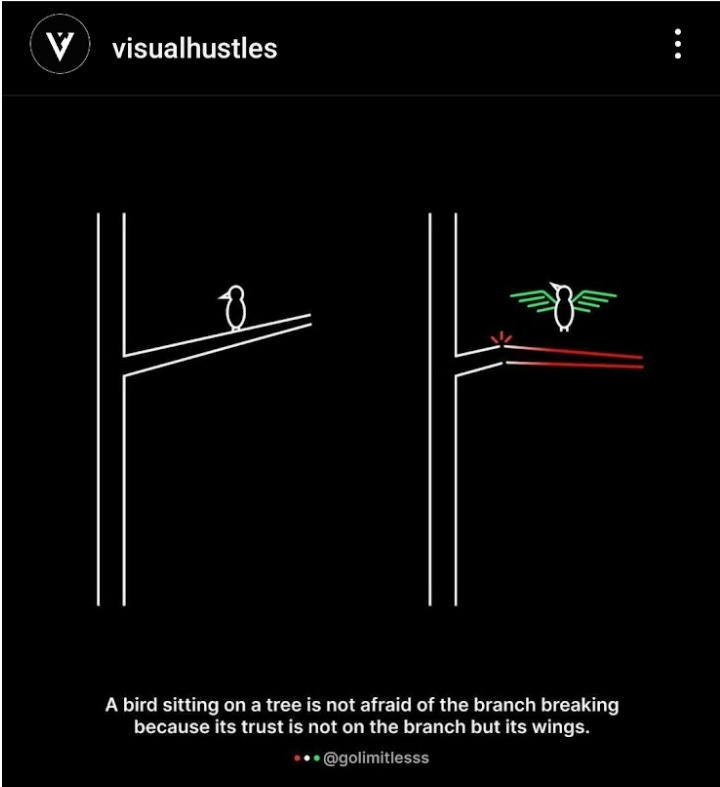The one skill you need to thrive in today’s complex, volatile and uncertain world
It’s late Thursday afternoon. My friend Anna is sitting in front of me, and I look intently at her face. We’re talking about how things have been lately. She frowns, rolls her eyes and says:
“I can’t wait for things to go back to normal!”
I nod, politely. I’m thinking about the many times I’ve heard variations of this sentence, coming from many voices, on many occasions, ad nauseam.
But let’s start somewhere else.
In 1989, when I was three, the world was shifting on its axis.
The Berlin Wall fell. The World Wide Web was born. Within a few short years, the Soviet Union and Yugoslavia dissolved, China accelerated its reforms, and a new wave of globalization rewired trade and geopolitics.
Closer to home (literally and figuratively), Romania, the country I was born in, went through a violent revolution. The uprising overthrew what is widely regarded as the most brutal, gruesome and oppressive communist dictatorship in Cold War-era Europe. I’m talking about a North Korea level of hardship, horrific in its depth - and especially in its predictability (let’s keep this particular word in mind). My cousin would later vividly recall how her father didn’t think there was any point in learning English because everyone was convinced that the terror would never end - so you’d never need to speak to foreigners. (The terror included your loved ones suddenly disappearing because they’d spoken against the regime, or getting shot for trying to cross the border).
I don’t remember the pre-revolution times - I was a baby.
Most of my childhood memories revolve around the sense of freedom and opportunity that had suddenly opened up. As I was growing up, the country joined the EU and NATO. I often travelled abroad. I went on Erasmus, AIESEC, Work & Travel and other exchange programs.
The country I was born in, and my parents grew up and lived in, is a thing of the past, tucked away in a poorly labelled box in the basement of history, right next to Yugoslavia and the Soviet Union.
But in my early childhood, unbeknownst to me at the time, I grew up surrounded by an incredible amount of chaos and volatility. When I was 6, inflation peaked at 256%. As one of our family friends put it, that often meant your monthly salary (if you were lucky to have a job) was almost enough for a nice dinner and a small bag of candy. Many roads and areas were unsafe. The newly elected governments faced attempts at being overthrown every other month, often resulting in violent clashes. All industries collapsed, having previously been run by the communist state. Robbery and pickpocketing were rife.
Luckily for me, our family life was stable, consistent and largely calm. Creating the feeling that while outside, the world around us might be going nuts, we won’t let that shake us, and it’ll all be all right. They say, “An ocean of water can’t sink a ship unless it gets inside the ship.” And it’s true: life is all about what you allow to get to you, not about what happens.
Nonetheless, uncertainty and ambiguity are concepts I had grown familiar with before I knew anything.
And little did I know at the time that that would become my superpower.
Throughout my 18-year career, I have switched industries four times. I’ve lived in 8 countries on four continents and done business in a few dozen more. I’ve founded and co-founded a few different organizations. I’ve invested in and helped build another dozen businesses. I made most of these ‘moves’ as experiments. All while being a “young, petite woman” (this isn’t something that should matter, but for whatever reason, it does). And while it was challenging, none of it, coming with a huge amount of change and ambiguity, felt daunting.
“How can we prepare for the future, if we keep wishing to go back to the past?”
My childhood story aside, we all know we're currently living in a volatile, highly disrupted, turbulent world. The problem is we're pretending it's temporary and wondering why that’s not working for us. We keep waiting for this and that temporary crisis (inflation, COVID-19, recession, economic crisis, war, climate crisis) to end. And each of them does eventually end, only to be closely followed by yet another crisis that consumes us. We’re overwhelmed, and some of us feel like we're sinking into an ocean of anxiety.
Have you heard of VUCA?
It’s an acronym coined in 1987, based on the leadership theories of Warren Bennis and Burt Nanus, to reflect on the volatile, uncertain, complex and ambiguous multilateral world at the end of the Cold War.

It’s been over three decades since, and the acronym is more relevant than ever. In fact, it recently got updated: it is now VUCAH (fittingly adding “hyperconnected”).
Last year, I bumped into Dr. Nadya Zhezembayeva’s work. She is a business educator, author, and speaker known for her work in sustainability, innovation, and change management. I felt like so many things I’d known intuitively, and only inadequately managed to articulate, suddenly had words and frameworks around them.
The thoughts in this article are a mix of her insights, highlights from a few other sources on the topic, as well as my own reflections and conclusions on the state of the world today - and what we need to do to thrive in it.
The one skill
Let’s go back for a second to being overwhelmed, the feeling that we're sinking, barely grasping for air. Sounds familiar? It’s all because, as Dr. Nadya would put it, “we're living in the world of Tesla while still driving a horse buggy”.
The speed of change is relentless.
Accenture’s Global Disruption Index (designed to measure the impact of economic, social, geopolitical, climate, consumer and technological challenges) found that the overall level of disruption increased by a whopping 200% from 2017 to 2022.
In comparison, the disruption level rose by only 4% from 2011 to 2016.
At this point, it’s obvious that this is the actual new world we live in, rather than a crisis. Change is constant. It is the new normal. Yet, we keep raising kids for a world that no longer exists.
“Today's dynamic complexity demands an ability to thrive in ambiguous and poorly defined situations, a context that generates anxiety for most, because it has always felt safer to generalize.” - Vikram Mansharamani, PhD, Lecturer at Harvard University.
And what is that ability called?
Reinvention.
Reinvention, change, innovation, thriving in ambiguous situations, whatever we want to call it, is no longer a project; it's a process. It's no longer a destination, it's the journey.
Humans vs. tech
Kevin Roose, author of the aptly named book Futureproof, explained in an interview on NPR that:
"We have been preparing people for the future in exactly the wrong way: We've been telling people to develop these technical skills in fields like computer science and engineering. We've been telling people to become as productive as possible to optimize their lives, to squeeze out all the inefficiency and spend their time as effectively as possible, in essence, to become more like machines. And really, what we should be teaching people is to be more like humans, to do the things that machines can't do."
And the truth is, machines don’t reinvent things unless a human tells them to.
So, where do we go from here?
We grow wings and muscles. ☝️
We can start by accepting that we are not going back to normal - and training the reinvention muscle.
As organic organisms, we want “healthy spikes”: moments of radical reinvention and other (more frequent) moments of incremental, continuous change. Interestingly, resistance to change is not natural - we were, in fact, educated out of it. As Dr. Nadya poignantly asks, have you ever seen a baby who tried to walk a few times, failed and then said, "you know what, I think walking is just not for me"?
We can also practice doing more experiments and making small bets instead of haunting permanent decisions. There’s no need to take on the burden of radical, 'forever’ decisions - because permanence is highly improbable in volatility.
During the pandemic, my businesses hit all-time-high revenue and user numbers. We reinvented some of our services, developed new projects and won multiple awards and distinctions. We became one of Asia’s Best Workplaces™ and won accolades for “Outstanding Employee Wellbeing”.
All of it during the worst crisis many of us have experienced in our lifetimes. I haven’t often mentioned this publicly - it doesn’t feel thoughtful when so many others struggled intensely. But I did break down some of the things we’ve done in a previous article here, if you want to know more.
Life is often more complex than can be explained in overly simplified, wishy-washy cause-effects. But being calm and hopeful when faced with uncertainty helped me think clearly and thrive, not only survive, over the last few years.
Growing up surrounded by what many would call chaos gave me an advantage.
So,
If you, too, come from a place where things weren’t always a smooth ride;
If you encountered and overcame adversity, which comes in many shapes, forms and shades of grey;
If you, at some point in your life, struggled to make sense of the world;
in today’s world, that is a huge gift - celebrate it.
And if you have not, worry not. You can always build that muscle in other ways, like welcoming small doses of discomfort and uncertainty into your life.
Examples here can include:
accepting a carefully planned day that went haywire,
leaning into an open conversation with a client who has just fired you to open the door to reinventing your services,
planning your next vacation in an unobvious, off-the-beaten-path destination.
The point is not that the speed of change is relentless, and awful things are happening all around us. That’s true, and it’s intense. The point is that change is not the enemy. The capacity to adapt and reinvent is our privilege, our prerogative, and our birthright. What we need to do is to reclaim it, and welcome change into our lives - instead of fighting it.
Make change your friend and your superpower. So that whatever threat or turmoil comes your way (and they will!), you’re ready.
Once we’ve done that, the only other question is: can we be a lighthouse of hope, agility and calm for others, too, in this crazy VUCAH world of ours?
Because,
let me tell you,
things aren’t going back to
“normal”.
Thanking
and for their excellent feedback on this post. It took me forever to pull the trigger and distribute this one, even if I had finished it long ago. Something to do with my extreme aversion to compassion/applause/pats on the back for “overcoming” being born in a messy country - I’ve never felt good about it. 😊






I'm often struck by the similar upbringing we had, of uncertainty, but being in well grounded families. I wonder if that is how we both have a special relationship with the unknown
truth.nice one Lavinia..
+the value of resilience after having lived in authoritarian / communist hell holes cant be underestimated (if one gets out )